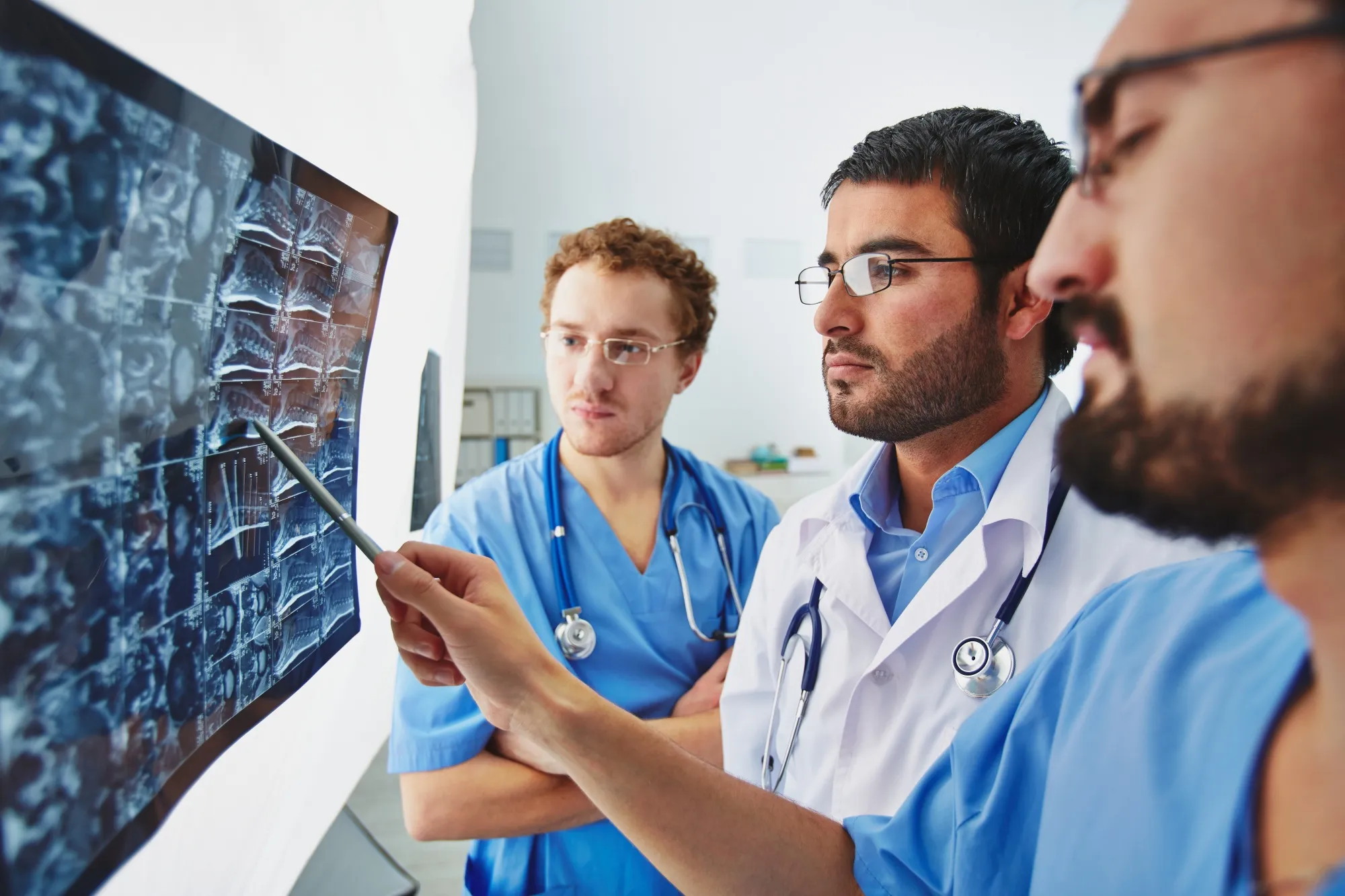In the realm of medical education, mentorship stands as an understated cornerstone; its influence shapes the trajectory of healthcare by guiding the next generation of medical professionals. Amid the ever-evolving landscape of medical practice, the Journal of the American College of Radiology (JACR) has spotlighted a novel mentorship program that markedly enhanced the abilities of radiology faculty mentors. The findings, published in an article with DOI 10.1016/j.jacr.2024.01.001, illuminate the positive surge in mentorship proficiency and propose a framework that may well be a template for mentoring programs across medical disciplines.
The study, meticulously designed by researchers from the David Geffen School of Medicine at UCLA, engaged eleven radiology faculty members in a case-based, in-person teaching program. It tackled the perennial challenge of elevating mentorship skills within a complex academic environment characterized by a plethora of nuanced interpersonal dynamics.
The program stretched across six weeks, each session lasting two hours in which a small, gender-balanced, and career-stage diverse group of radiologists deliberated on provocative mentoring dilemmas within a confidential setting. Their discussions pivoted around real-life scenarios, fostering a learning culture that was simultaneously organic and structured, reflective and actionable.
Preceding the initiation of the mentorship curriculum, faculty participants completed a survey gauging their self-reported mentorship skills. The same survey, featuring 19 nuanced questions answered on a Likert scale from 1 (not at all skilled) to 7 (highly skilled), was administered post-training.
Remarkably, but perhaps not unsurprisingly given the intimate and focused nature of the sessions, median scores soared. With a startling improvement of an average of 2 points on the Likert scale for each question—from a modest 4 to a robust 6—it became evident that the program was not merely effective but potentially transformative (p < .001). The outcome transcended career stages; for 18 of the 19 questions, score boosts did not significantly differ between well-established Professors and their Associate/Assistant counterparts.
These findings, as stated by Dr. Hannah S. Milch and colleagues in their published work, suggest that an intimate discussion forum focused on mentorship dilemmas can be an effective avenue for amplifying mentorship skills among radiology faculty.
However, these findings are just a starting point. The research team, composed of Dr. Milch, Aarti Luhar, Brian Manning, Denise R. Aberle, James Sayre, and John M. Moriarty, highlight the necessity of further investigation — particularly regarding the long-term implications of such mentorship programs.
For now, though, the evidence advocates for broad implementation. While the mentorship course under scrutiny was tailored to radiology faculty at UCLA, its universal success across gender and career echelons speaks to a potential widespread applicability.
The study’s comprehensive documentation has been supported by Elsevier Inc., and it resonates powerfully within academic circles, beckoning a new era for mentorship that transcends traditional methodologies and taps into the profound benefits of collaborative, thought-provoking engagement.
To materialize the potential of mentorship is to recognize that it is an art requiring its canvas—the curious mind—and its paintbrush—the insightful guide. The study by Milch et al. not only showcases this artistry but also codifies its technique for reproduction and refinement.
As the academic and healthcare community digests these revelations from UCLA, there is a visible horizon waiting to be explored—one where mentorship is not a role fulfilled but a skill mastered and nurtured for the continuous growth of medical prowess.
Keywords
1. Mentorship Program Radiology
2. Faculty Development
3. Medical Education
4. Mentorship Skills Improvement
5. Academic Radiology Mentorship
References
1. Milch HS, Luhar A, Manning B, Aberle DR, Sayre J, Moriarty JM. Teach the Mentor: A Six-Session Program Universally Improves Mentorship Skills Among a Diverse Group of Radiology Faculty. J Am Coll Radiol. 2024 Jan 12. doi: 10.1016/j.jacr.2024.01.001.
2. Sambunjak D, Straus SE, Marusić A. Mentoring in Academic Medicine: A Systematic Review. JAMA. 2006;296(9):1103-1115. doi:10.1001/jama.296.9.1103.
3. Allen TD, Eby LT, O’Brien KE. The State of Mentoring Research: A Qualitative Review of Current Research Methods and Future Research Implications. J Management. 2008;34(6):1177-1194. doi:10.1177/0149206308319745.
4. Silet KA, Asquith P, Fleming MF. A National Survey of Mentoring Programs for KL2 Scholars. Clin Transl Sci. 2010;3(6):299-304. doi:10.1111/j.1752-8062.2010.00232.x.
5. Berk RA, Berg J, Mortimer R, Walton-Moss B, Yeo TP. Measuring the Effectiveness of Faculty Mentoring Relationships. Acad Med. 2005;80(1):66-71. doi:10.1097/00001888-200501000-00017.
